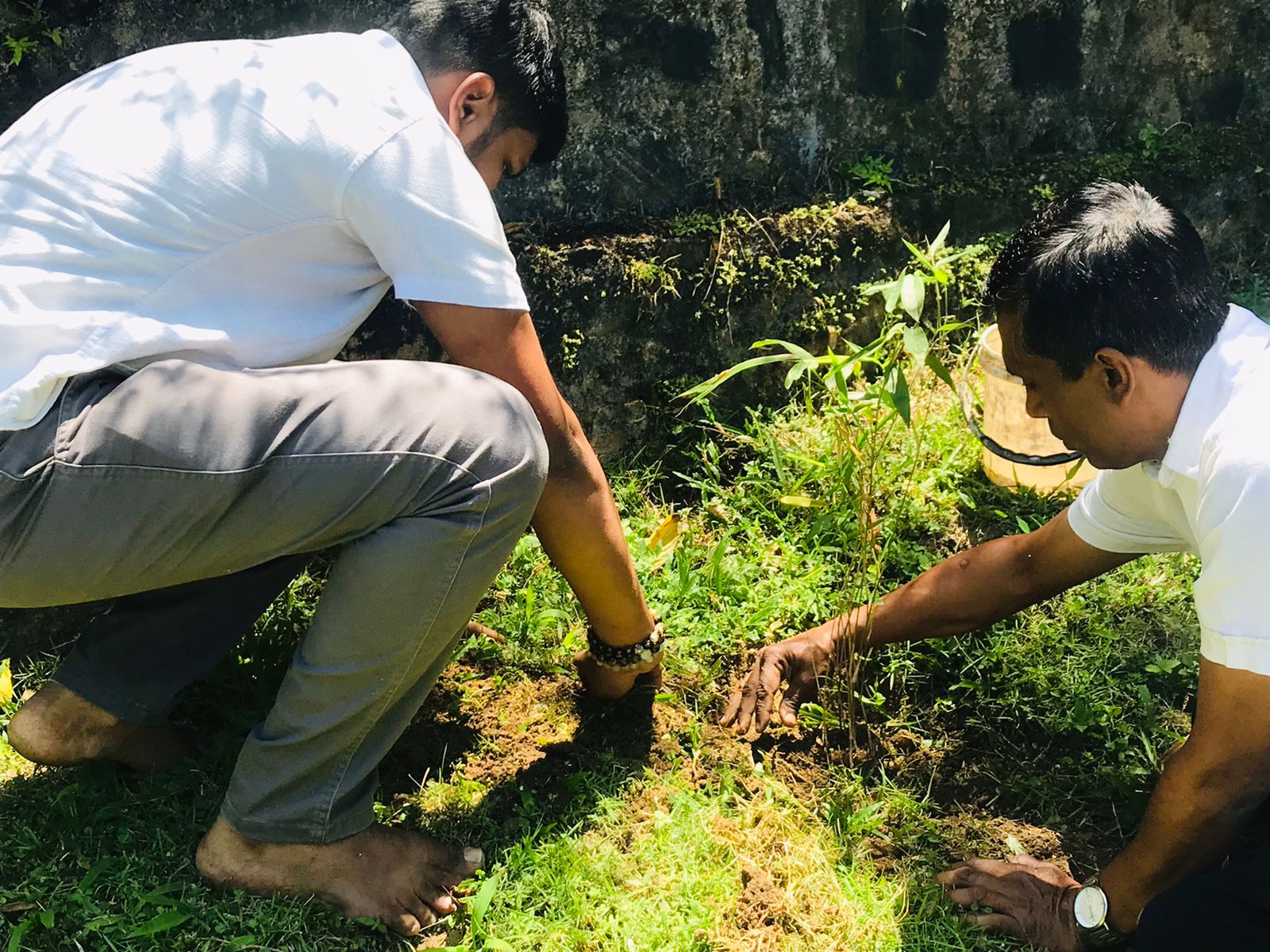The Bamboo Canopy and Alternative Livelihood (BCAL) Project focuses on growing bamboo and promoting sustainable management and harvesting practices in Sri Lanka.
Land degradation and depletion of forest cover in Sri Lanka is a severe issue. Degraded land has serious adverse impacts on the environment, including soil erosion and quality depletion, local water losses and threats to biodiversity. Moreover, the effects of climate change such as variations in rainfall intensity and drought severity associated with carbon dioxide emission are causing production losses of the small landholders and live in high poverty. Nature-based carbon removal initiatives to mitigate climate change and adaptation actions to introduce new income options and stable livelihood for small farmers are needed without further delay.
Bamboo forests are unique in their ability to meet environmental, economic and social objectives. The Bamboo Canopy and Alternative Livelihood (BCAL) Project will pursue both social and environmental goals while supporting to reach 5 Sustainable Development Goals and related targets.
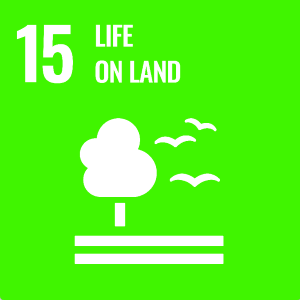 |
Increased forest cover, reduced soil erosion and restored degraded lands through bamboo reforestation |
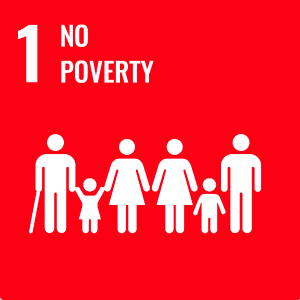 |
Household income of smallholder farmers who engage in bamboo planting program increased |
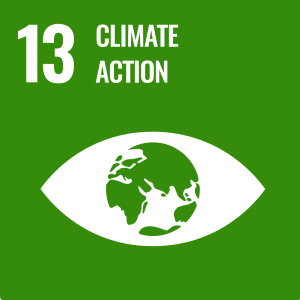 |
Atmospheric carbon dioxide reduced through carbon sequestration process of bamboo plantations |
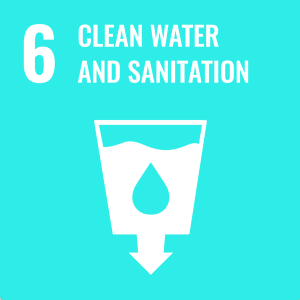 |
Riverbank and lakes boundary erosion reduced |
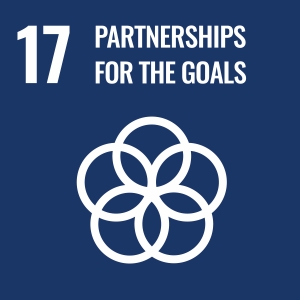 |
Partnerships for mobilize and share financial resources to mitigate climate change, environment conservation and improve income sources for vulnerable communities |
Our approach
In response to the depletion of forest cover, rising level of atmospheric carbon dioxide and diminishing livelihoods, Research for Development Innovations (Guarantee) Limited (ReDI) initiated BCAL project and work with communities, government and local authorities, civil organizations, and development agencies to promote growing and sustainable utilization of bamboo. The BCAL project will contribute to increase the forest cover and share knowledge for growing, sustainable management and regular harvesting practices of bamboo, and create raw material bank for bamboo based industries.
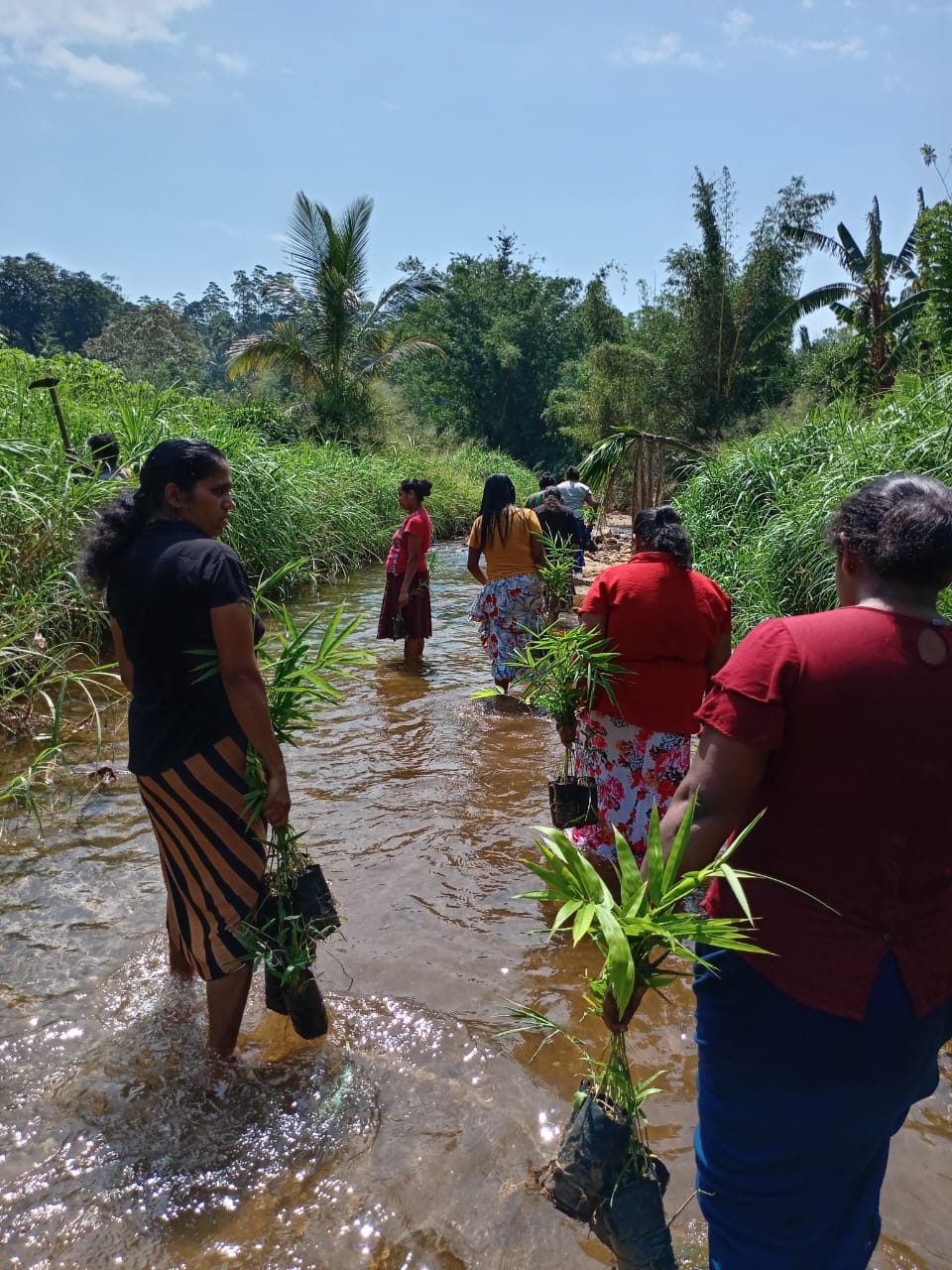
The businesses, grant organizations and individuals are the sponsors of BCAL project. The current partnership with Grow Bamboo Initiative in Hong Kong together with Hand Print will establish smallholder block plantations of bamboo in Kandy District of Sri Lanka.
In addition, we work with bamboo global designers to build the local capacity to use bamboo as raw material from creative crafts to value added industries and sustainable architectural eco-building structures.
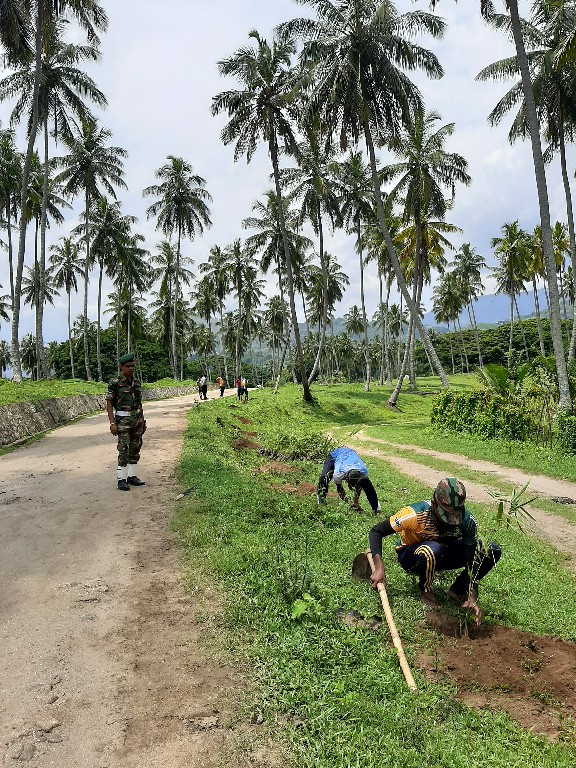
Objectives
The project aims to pursue both social and environmental goals. Therefore the objectives of the project are:
- to promote alternative livelihood options and improve household income
- to contribute to environmental protection in terms of climate change mitigation, carbon sequestration, water conservation and preventing soil erosion
- establish raw material bank for the bamboo-based industries
